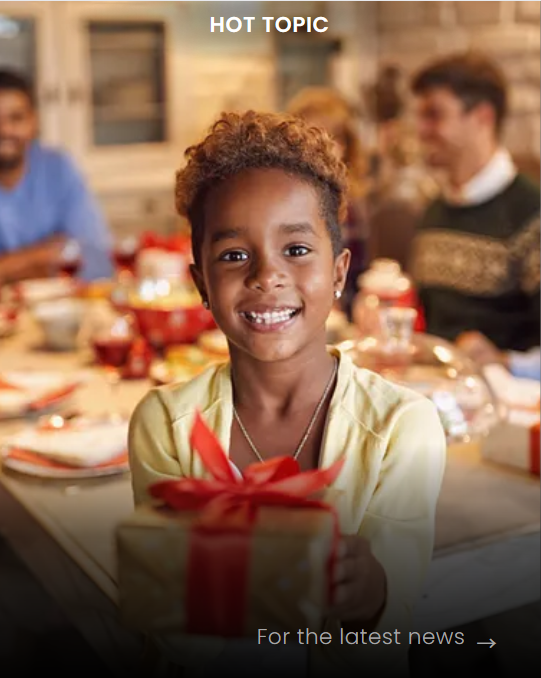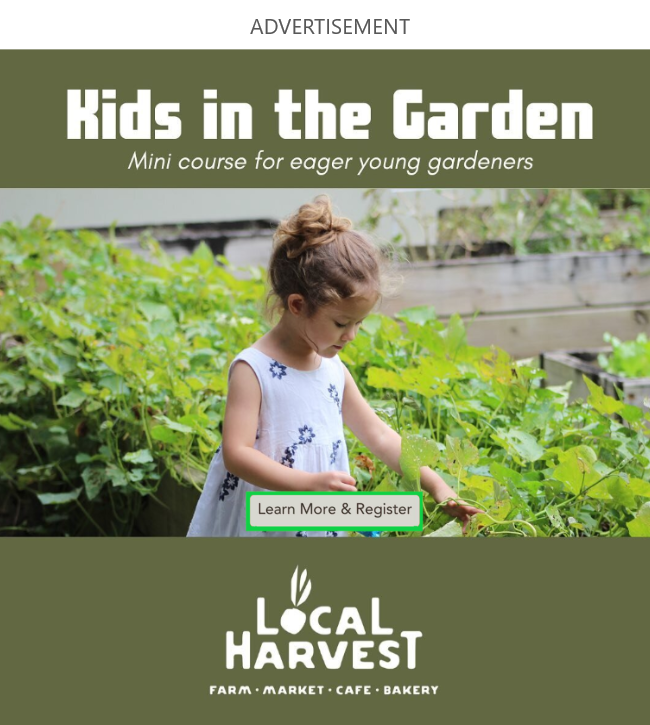Years before I had kids, I recall standing in line to buy tickets to Adam Sandler’s “Happy Gilmore” when the woman in front of me, with her young daughter, asked, “How much for two tickets to see ‘James and the Giant Peach?’”
The teenager working at the AMC ticket desk asked, “How old is your daughter? Adults are $4.50. Under 12, $2.50.”
The mother looked over to her kid, turned back to buy the tickets, and responded, “She’s 11,” and then bought the tickets.
“But Mommy, I’m 12,” the daughter complained to her mom after they walked away.
There’s no 12-year-old in the world who wants to be called 11.
This incident would later have a profound impact on me when I became a parent in 2001, and again in 2003 and 2005.
How was I going to raise three children in a world where crassness, lies and obscenity abound? How was I going to raise my children to be ambassadors of love, kindness, and positive change?
Then I reflected on the movie incident.
How we as parents conduct ourselves for sure will have the biggest impact on our kids. Far more than what we tell them is right and wrong.
It’s awfully hard to tell your kids not to drink too much when you can’t finish the day without gulping down three glasses of wine.
If a parent tells their kids to be honest over and over, but then their conduct doesn’t match their verbal instruction, the kids learn on a much deeper level that not only is lying OK, but it’s OK to fib to save $2 on a movie ticket.
It’s the same with race issues.
Save card-carrying members of the KKK, Proud Boys or some other hate group, most American parents in some form or another tell their kids not to be racist. To treat all people the same. To judge people by the content of their character, and not by their skin color. To love all people.
Important words.
Sadly, though, those same parents, right in front of their kids, behave in ways that are inconsistent with their racial directives.
They tell their kids to respect all people. That all people are equal. To love everyone.
But at home, their dinner tables remain oddly all white.
Their family functions, like backyard barbeques, Christmas dinners, Communions, birthday parties and weddings, where their closest friends are invited, are typically all white or close to it.
Their more intimate friendships. All white.
Here’s how that deep segregation plays out.
We tell our kids, “Be honest, be honest, be honest,” but then we show them that it’s OK to lie in real life.
“Don’t be racist, don’t be racist, don’t be racist,” we tell them, yet we maintain all-white or mostly all-white households.
Our children, who are basically human microscopes, carefully observe their environments and how we as parents conduct our lives. That learning model is far superior to anything that comes out of our parental mouths.
So when I had kids, I knew I needed to be a better human.
To consciously up the kindness factor with every person I encounter.
To stop ignoring homeless people who need a meal.
To be more giving. To tip better. To help more. To donate more.
To complain less and do more. To use better language.
My three kids were watching my every move, and if I wanted them to be kind, if I wanted them to be givers and helpers, then I needed them to see the behavior I wanted them to emulate.
How much more so when it comes to race.
If I was going to raise children who truly loved people who weren’t like us, I knew I needed to consciously fill my home with people of many backgrounds.
I intentionally opened my house to not just people who look, think and act like me, but also to numerous Black and Brown people. To Muslims. To Asians. To Gay people.
So from the time they were in diapers, my kids began to learn that it was normal for their white Jewish dad to befriend and love countless Black people. They saw me hug a dozen Muslim friends. They watched me invite the security guard at my office building over for Thanksgiving. They witnessed me keep breakfast bars in my car to hand to homeless people at traffic lights.
They grew up calling multiple Black men “Uncle.” And their children “cousins.” They were excited many times when Muslim friends visited our house. My kids would light up when they found out who was coming for dinner — always a fun, diverse, group of people.
Now my children aren’t children or living at home. They are 18, 20 and 22.
And while they’ve each chosen their own paths in life, as they should, one thing they all have in common on a fundamental level is their love for humanity and all of its beautiful colors.
The recipe of parental behavior works. For us and for our kids.
Written by:
Jeffrey Kass







